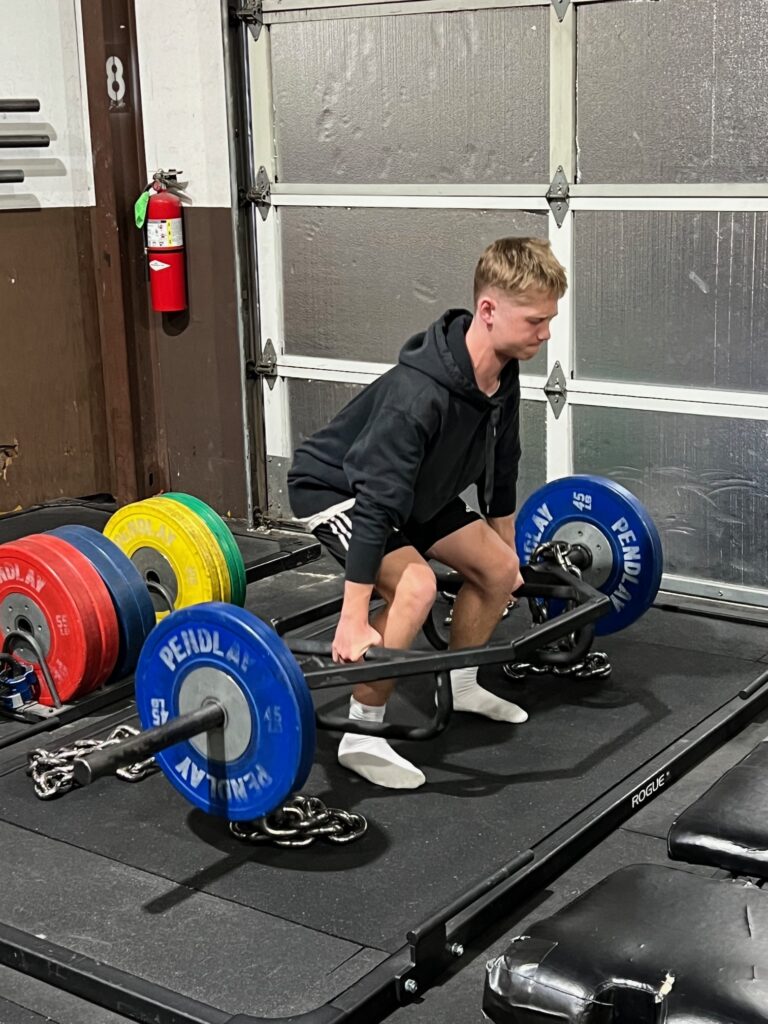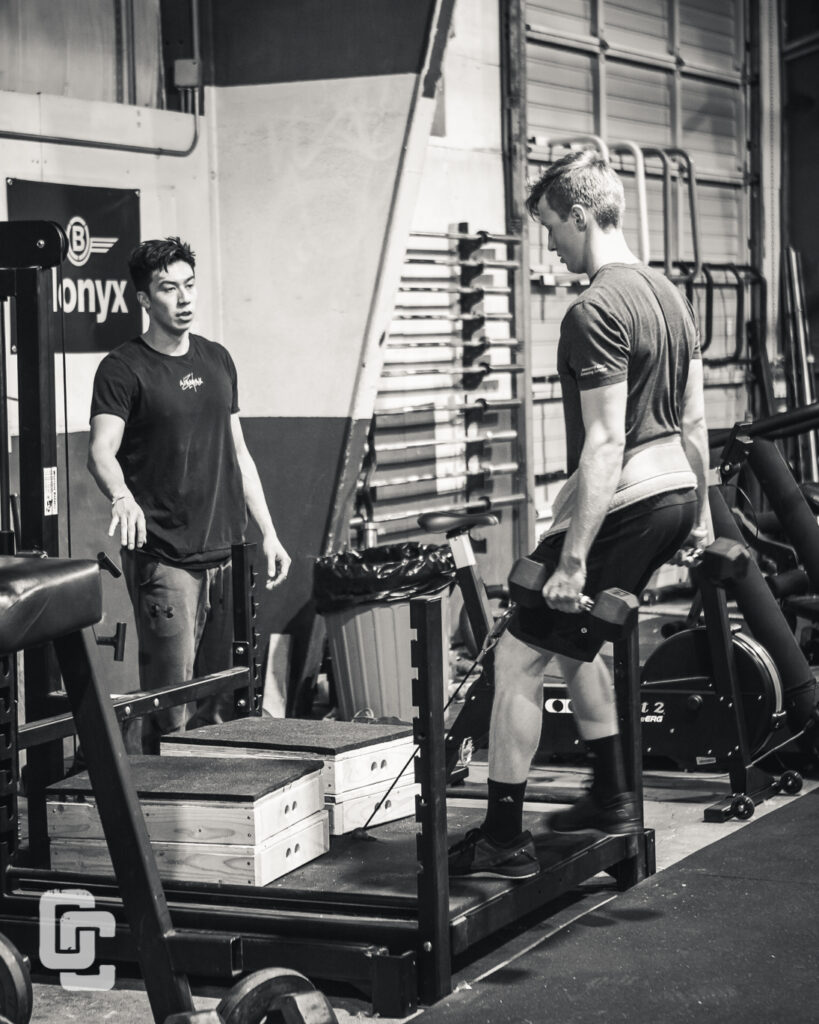Mental toughness for Sports Performance. What is mental toughness and how can it be developed?

Mental Toughness Training for Young Athletes: Developing a Winning Mindset
As a parent or as a coach, you know that physical fitness is only part of the equation when it comes to achieving athletic success. Mental toughness is another critical piece of the puzzle that can set your young athletes apart from the competition. It’s not just about pushing through pain and discomfort. Nor is mental toughness about doing endless sprints or mindless conditioning.
Mental toughness is about being able to overcome obstacles, staying focused on goals, and bouncing back from setbacks. Here are some key strategies for helping your young athletes develop a winning mindset.
Understanding the Importance of Mental Toughness
Mental toughness is critical for young athletes in a variety of ways. Research has shown that athletes who are mentally tough are better able to handle stress, perform under pressure, and stay focused on their goals. They are also less likely to experience burnout or drop out of their sport. Mental toughness is especially important for young athletes who are still developing their skills and competing at a high level.
Building Mental Toughness Through Strength Training
Similar to developing physical fitness, mental toughness can be developed and strengthened through training. Here are some strategies for building mental toughness in young athletes:
1. Set Challenging Goals
Challenging goals can help athletes push beyond their comfort zones and develop mental toughness. Encourage your athletes to set specific, measurable, and attainable goals that are just beyond their current skill level. Set goals and break them. Or record results and then work to beat them.
At OC Sports Performance metrics that matter are recorded and broken. This builds the athlete up and gets them used to seeing success.
2. Practice Visualization Techniques
Visualization is a powerful tool for developing mental toughness. Encourage your athletes to spend time visualizing themselves successfully completing their goals or overcoming obstacles. This can help build confidence and mental toughness.
If athletes believe they will sprint faster for example, they usually do. If they believe they will lift the weight they usually do. The mind is a powerful tool.
3. Focus on the Process, Not Just the Outcome
When young athletes are overly focused on winning or losing, they may become discouraged or lose sight of their goals. Encourage your athletes to focus on the process of improving their skills and competing at their best, rather than just the outcome of the competition.
Trust the process and stay the course. Sometimes for specific tough goals it takes time. For example athletes will get down about not setting a record in their 40 yard dash one month – or even two months but then get a 3 tenths pr on the third month. An average of one tenth a month! The process just took some time.
4. Encourage Positive Self-Talk
Self-talk can have a powerful impact on an athlete’s mental toughness. Encourage your athletes to use positive self-talk, such as “I can do this” or “I am capable of overcoming this challenge.”
In our program we are always encouraging athletes to believe in themselves and just try. Try to set a record, try to give themselves a chance. Great things happen after they give themselves a chance.
5. Use Adversity as an Opportunity for Growth
Setbacks and failures are inevitable in sports, but they can also be opportunities for growth and development. Encourage your athletes to view adversity as a chance to learn, grow, and become mentally tougher.
This relates back to staying the course. Trust the process. Evaluate what happened the past month. Were training sessions missed? Did the athlete miss meals or not hit their nutritional goals? Have they been getting enough sleep? These small things will sometimes impact physical development. But are great opportunities to refocus and reinforce positive habits.

The Limitations of Endurance Training
While endurance training is an essential part of many sports, it’s important to understand that it doesn’t necessarily build mental toughness. Endurance training can help athletes develop physical stamina and endurance. Toughness requires a different type of training. Endurance training may even be counterproductive if it becomes a way to avoid facing difficult challenges or setbacks.
Endurance training for sports like football, soccer, volleyball, amongst many others is almost always unnecessary. What long endurance workouts do is the exact opposite of what the intended training stimulus was supposed to be.
We have seen a lot of athletes that end up doubting themselves after these endurance events. When in fact the test, running multiple miles, has nothing to do with playing a volleyball game, or a football game.
If the athlete has properly prepared, an endurance test – 2 mile run for example can be used with no negative effects. As it requires the athlete to demonstrate positive self talk, a no quit attitude, and the test is relatively low volume.
However, repeated endurance workouts have broken more athletes than I have seen them build. There is a better way.
Mental toughness for Sports Performance
Mental toughness is a key ingredient in athletic success, and it’s something that can be developed and strengthened through training smarter! By setting challenging goals, practicing visualization techniques, focusing on the process, using positive self-talk, and viewing adversity as an opportunity for growth, young athletes can build mental toughness that will serve them well on and off the field. And by understanding the limitations of endurance training, coaches can help young athletes develop a truly winning mindset.
OC Sports Performance has been effectively training athletes in Bend, Oregon for over 10 years. Experience the difference and book a FREE Consult today!

